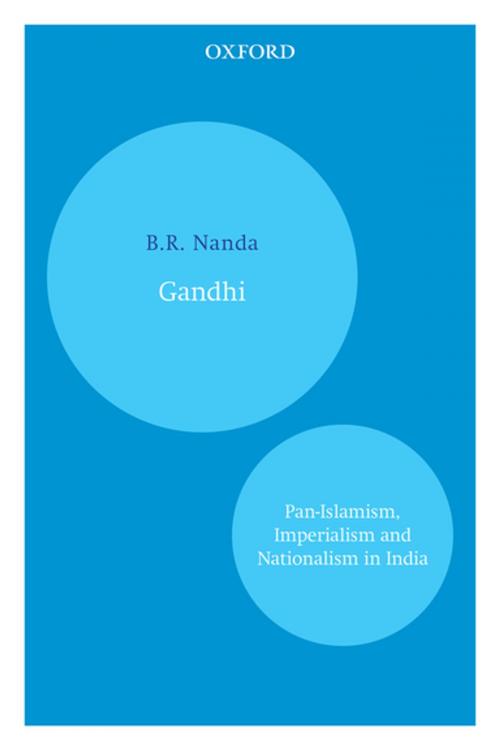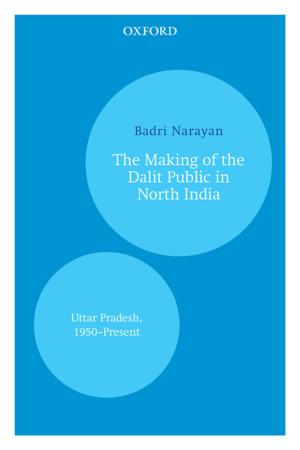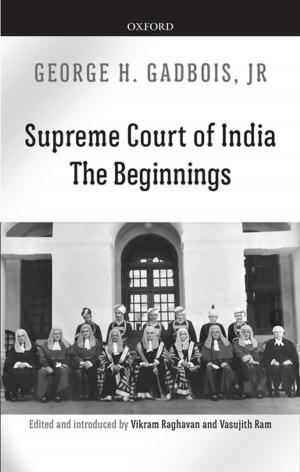| Author: | B.R. Nanda | ISBN: | 9780199087716 |
| Publisher: | OUP India | Publication: | December 14, 2001 |
| Imprint: | OUP India | Language: | English |
| Author: | B.R. Nanda |
| ISBN: | 9780199087716 |
| Publisher: | OUP India |
| Publication: | December 14, 2001 |
| Imprint: | OUP India |
| Language: | English |
The Hindu–Muslim conflict was a major problem during the nineteenth and the early twentieth centuries. This book shows how Mahatma Gandhi resolved the conflict and even united the Hindus and the Muslims. It presents a detailed introduction to the Khilafat (Pan-Islamist) movement, a venture that Gandhi supported wholeheartedly. The discussion looks at Gandhi’s non-cooperation movement, which, he believed, could help bridge the gap between the two communities. It discusses concepts such as mass civil disobedience and the Caliphate, and studies notable events such as the brief alliance between the British Raj and the Indian Muslims and the Mappila Rebellion. It also takes note of the responses of the British officials towards Gandhi’s efforts and the confrontation that nearly occurred between the Viceroy and Gandhi. The book introduces readers to some of the people who participated and contributed to these events, including the Ali Brothers, Syed Ahmad Khan, and Ameer Ali.
The Hindu–Muslim conflict was a major problem during the nineteenth and the early twentieth centuries. This book shows how Mahatma Gandhi resolved the conflict and even united the Hindus and the Muslims. It presents a detailed introduction to the Khilafat (Pan-Islamist) movement, a venture that Gandhi supported wholeheartedly. The discussion looks at Gandhi’s non-cooperation movement, which, he believed, could help bridge the gap between the two communities. It discusses concepts such as mass civil disobedience and the Caliphate, and studies notable events such as the brief alliance between the British Raj and the Indian Muslims and the Mappila Rebellion. It also takes note of the responses of the British officials towards Gandhi’s efforts and the confrontation that nearly occurred between the Viceroy and Gandhi. The book introduces readers to some of the people who participated and contributed to these events, including the Ali Brothers, Syed Ahmad Khan, and Ameer Ali.















